The last major premiere of the season (not counting ONAs) is Kimi to Koete Koi ni Naru. It found itself in the mid-table section of the preview despite being a shoujo romance, a category I normally don’t vibe with, for a couple of reasons. The manga seems pretty well-regarded as best I can tell, and director Itagaki Shin is very experienced and has done some good work. The potential for some more serious themes doesn’t hurt, though those often get rather simplistic treatment in this sort of series.
With You, Our Love Will Make it Through hinges on the existence of beastmen, of whom there are about 3,000 in Japan in this mythology. They’re a product of “experiments” at some point in the past and all of them live cordoned off in a special district of Saitama (poor Saitama always gets dumped on by the Tokyo snobs). However, there are rare “special status” students who’re allowed off the reservation to study at human schools. This is something the classmates of heroine Asaka Mari (Iwami Manaka) are none too thrilled to learn is coming to their school.
This info comes courtesy of a classic exposition by explanation cold open, which as LiA readers will know is a pet peeve of mine. That’s hardly an encouraging start, and generally speaking this premiere took a while to click for me. But it did, eventually. The themes of discrimination are painted in pretty broad strokes, but I quite liked the dynamic between Mari and male lead Hidaka Tsunagu (Eguchi Takuya). He is, as you’d guess, a beastman – in his case, visually a cross between human and dog (the OP/ED tell us there are other variants as well). He and Mari first interact when she’s jumping the school wall after arriving late, and he’s debating whether he can face a human school at all.
There are those among the students – maybe most – who treat Tsunagu like crap. Some of it is relatively innocent, like asking him if he can talk to dogs (he can’t). Some of it more sinister, like trapping him in the equipment closet after he proves too good at basketball (beastmen can’t join sports clubs, but P.E. is another matter). A few defend him too, but they’re the exception. The allusion is hardly subtle here in an extremely homogeneous nation like Japan, where foreign students and even more so half-Japanese (and maybe worst of all, Japanese returnees) are often (though not usually, to be fair) bullied pretty badly.
That part is interesting, but the interaction between Hidaka and Mari is really the main selling point. In some respects they’re like any other hormonal 16 year-olds – she’s quite taken with him and frankly gets pretty warm for his form. Hidaka is certainly interested – especially in her smell. But in many respects he’s holding himself back in the human world, aware that his actions reflect on his entire race (this is a very realistic problem, of course). He can’t stop his tail from wagging when he’s close to her, and the smell of her makes his ears wriggle. But you sense that Hidaka is very aware of the risks involved here for him.
Beastmen have it rough. They live in what’s effectively a medieval ghetto, and don’t even have hospitals or doctors. That’s why Hidaka wants to become one (a doctor, not a hospital), a very difficult path indeed. What we don’t really know is in what ways beastmen are materially different from humans, apart from appearance. And indeed, when Mari is locked in that closet with Hidaka we get a glimpse of something potentially quite dark. I don’t know where the story is headed with that (we end on a cliffhanger), and frankly it could be a very dangerous direction to go. But I’m certainly curious to find out, and I like both leads. So there’s plenty to bring me back for more.


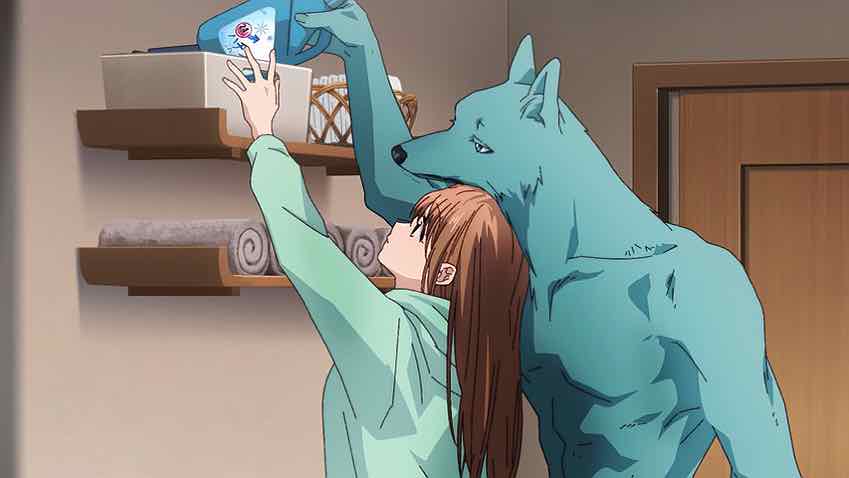
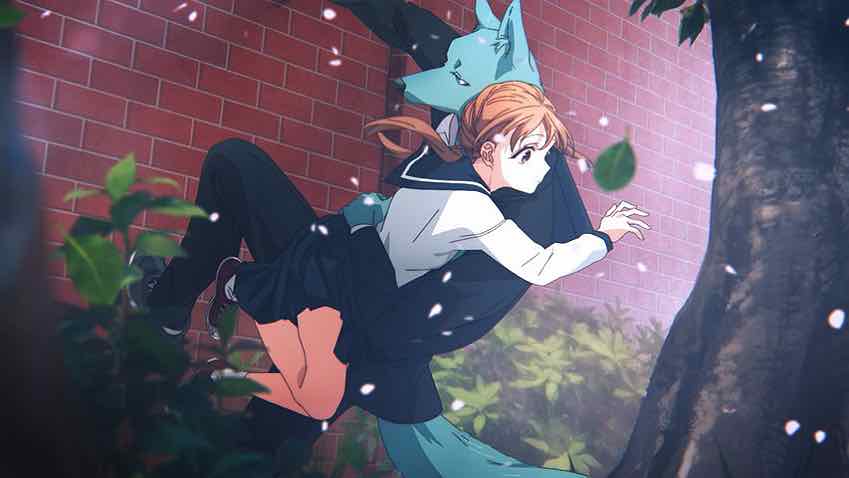
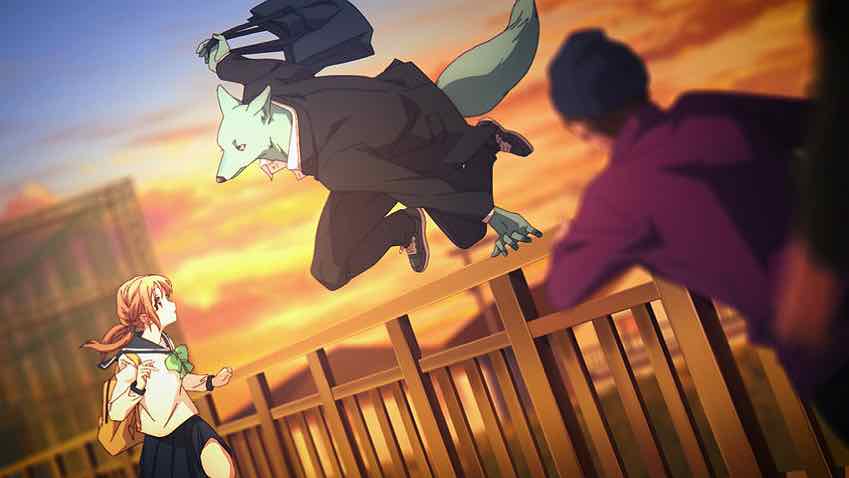
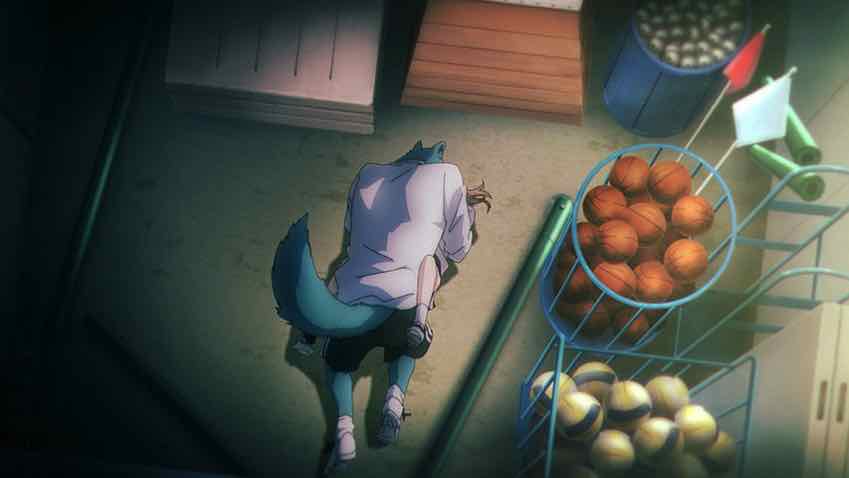
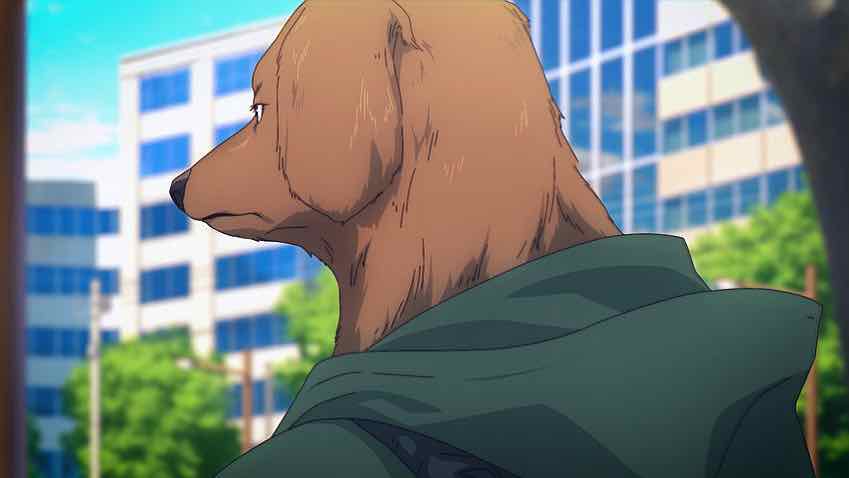
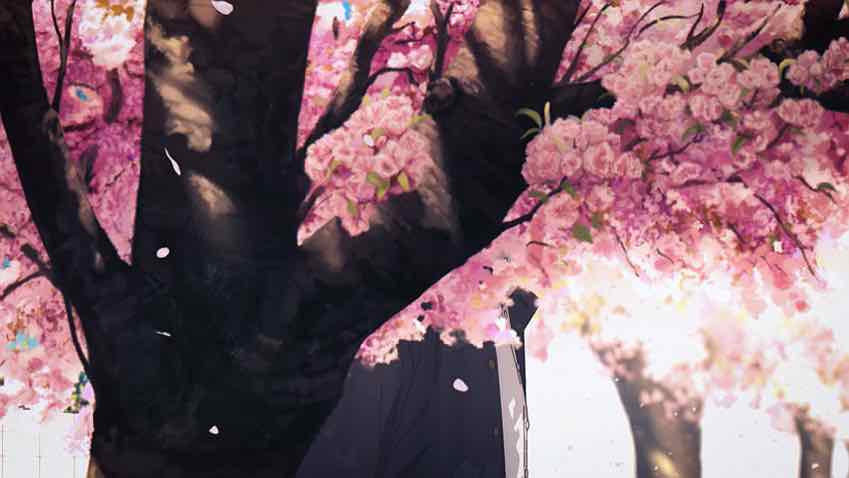

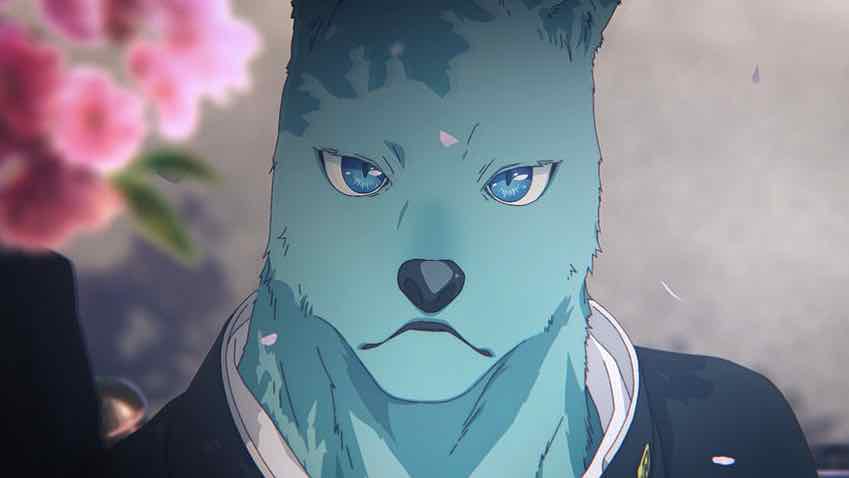

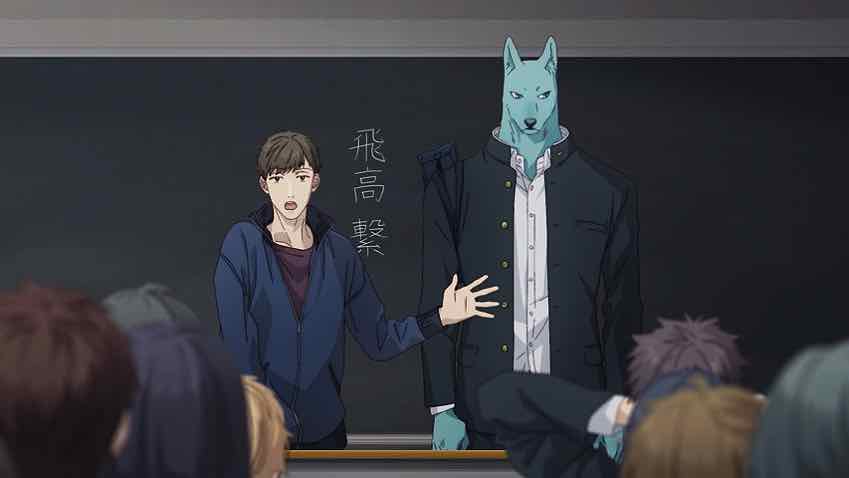
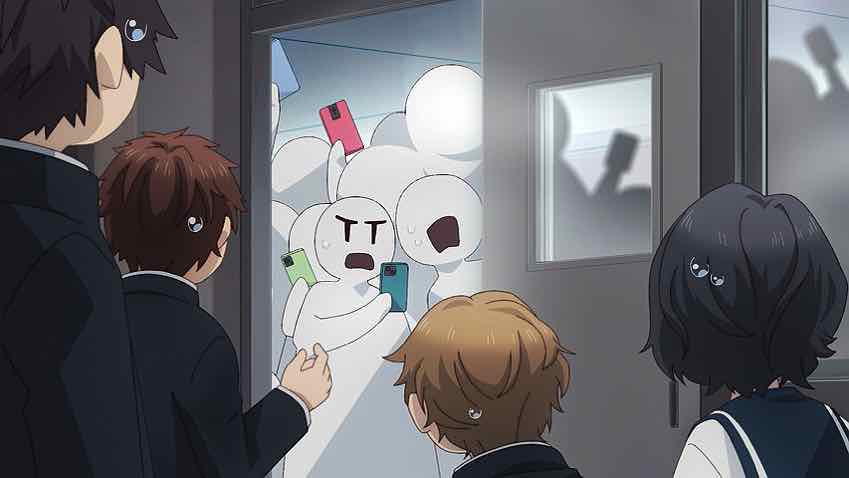



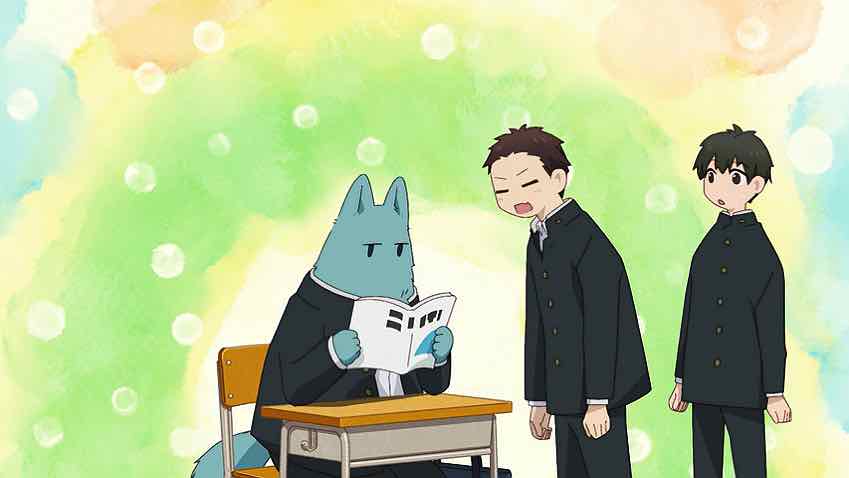
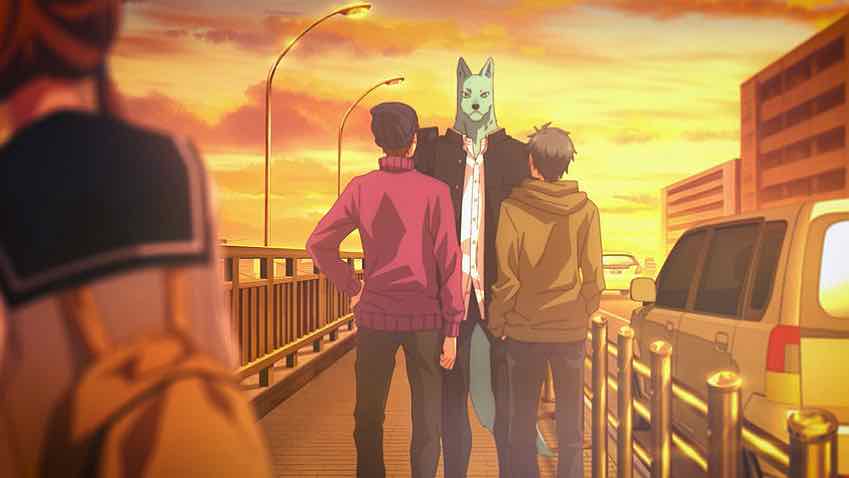
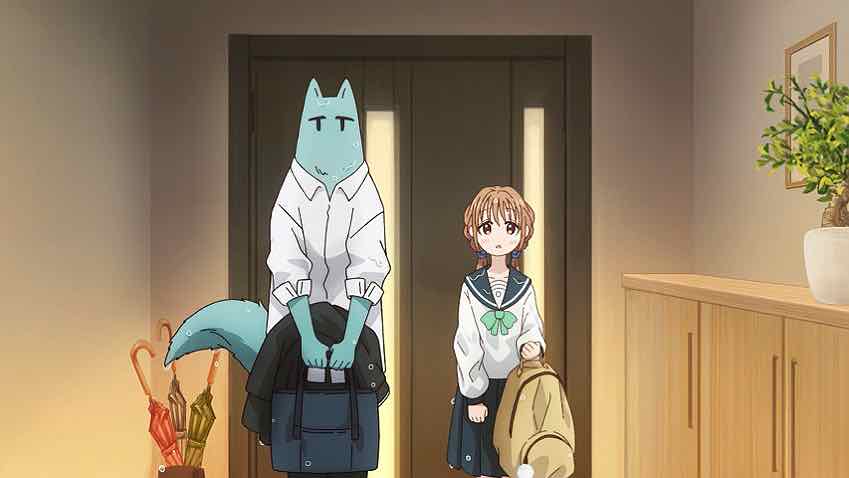

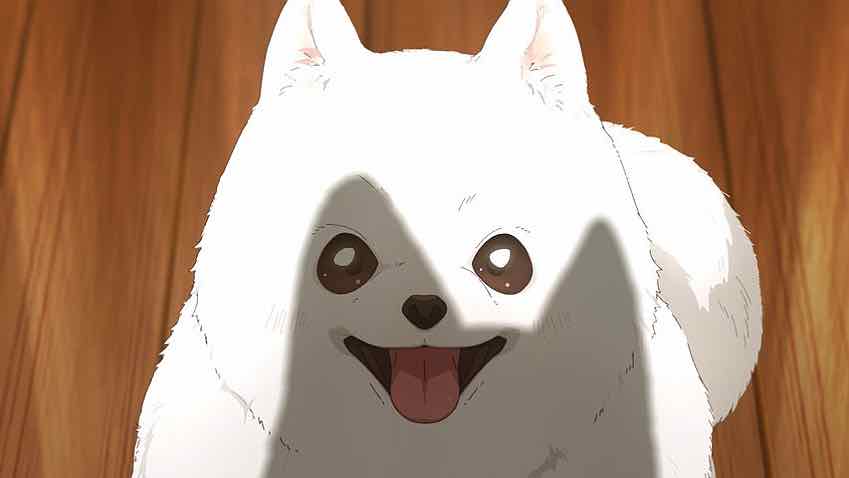
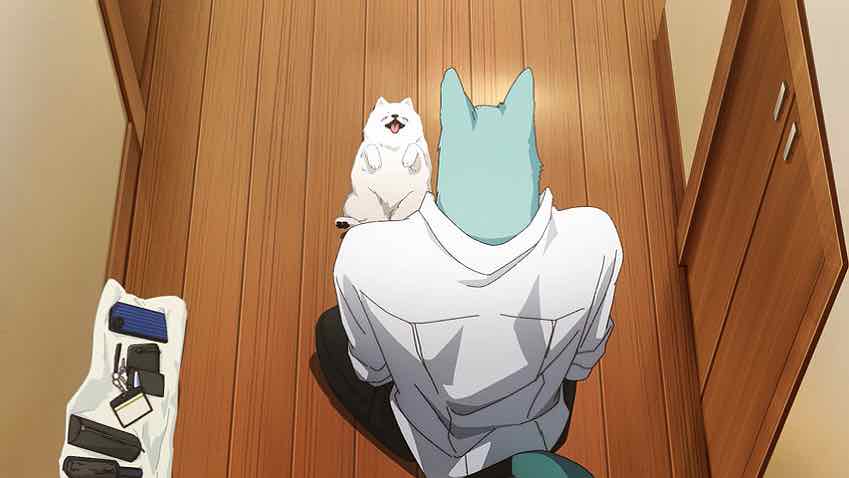
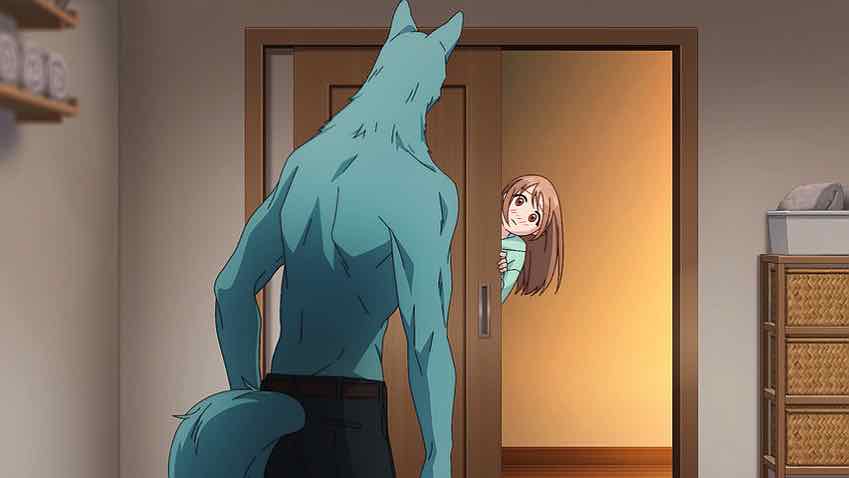
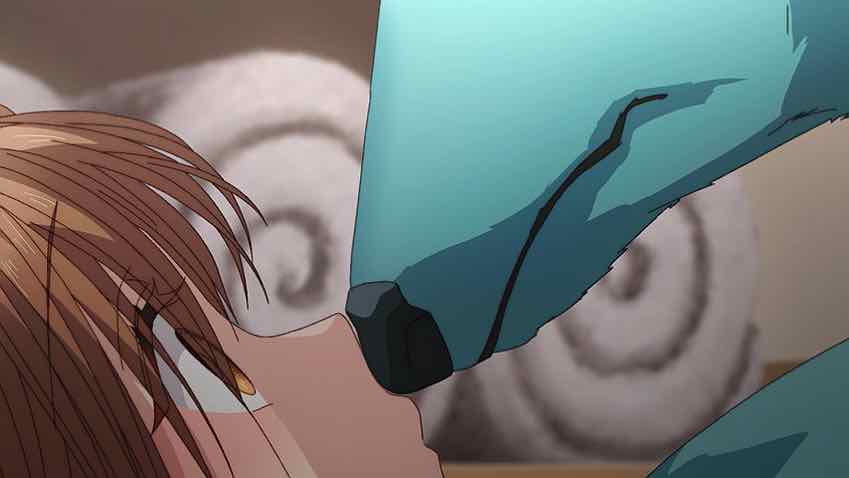
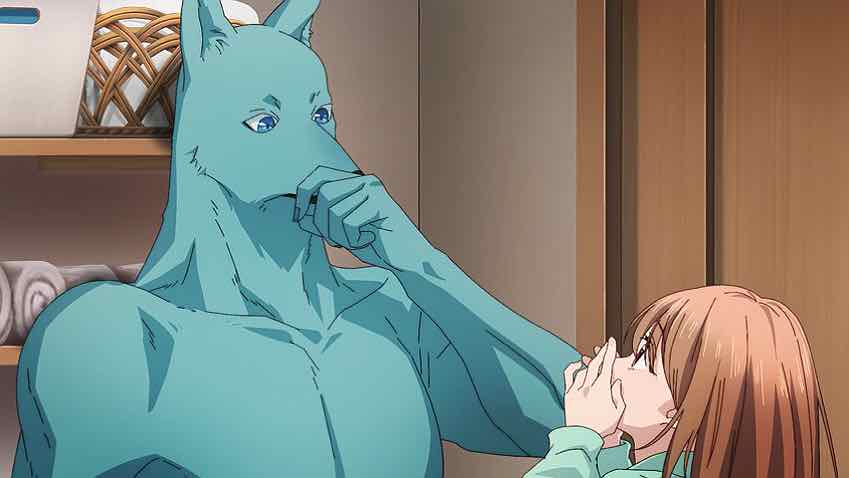
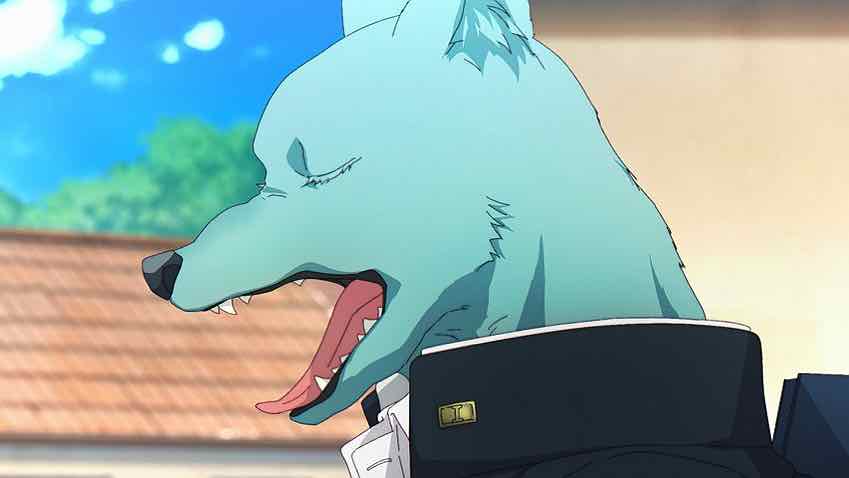
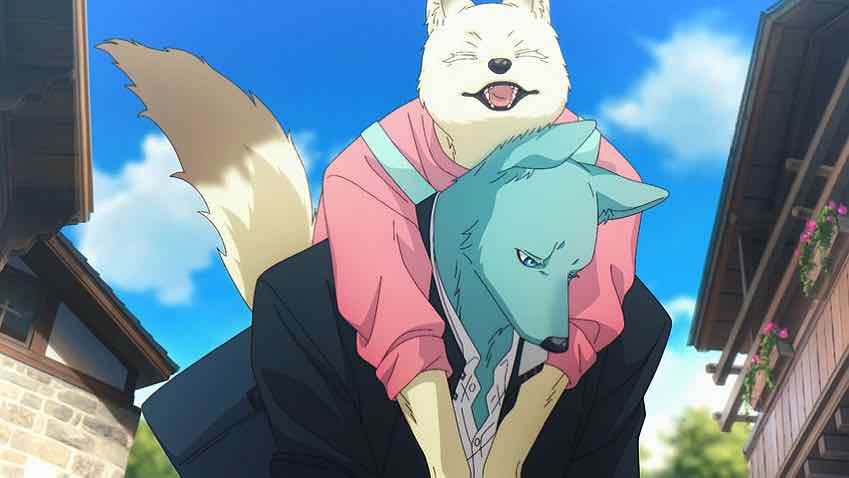
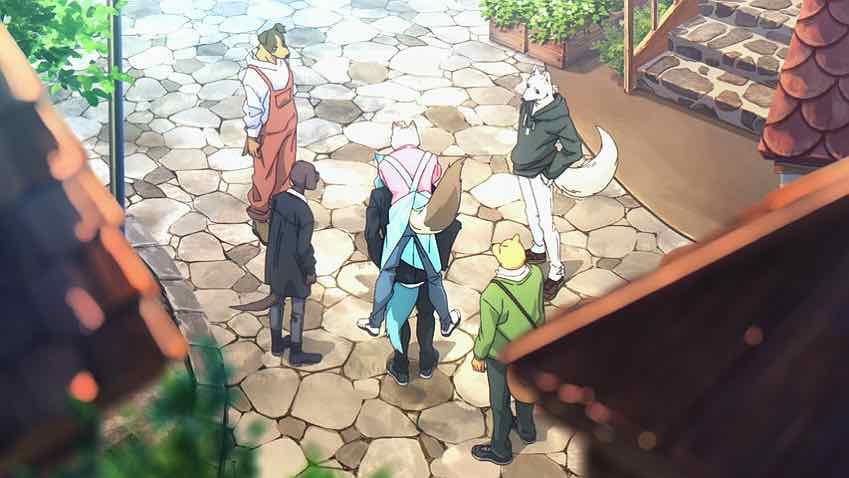
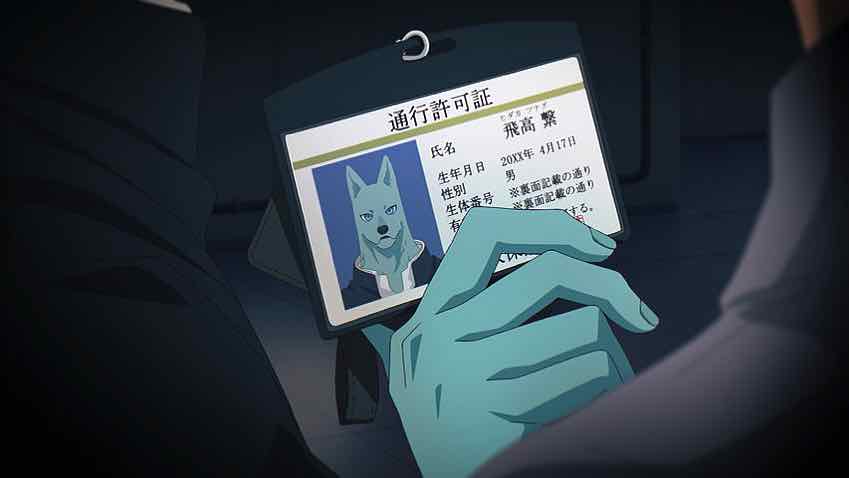
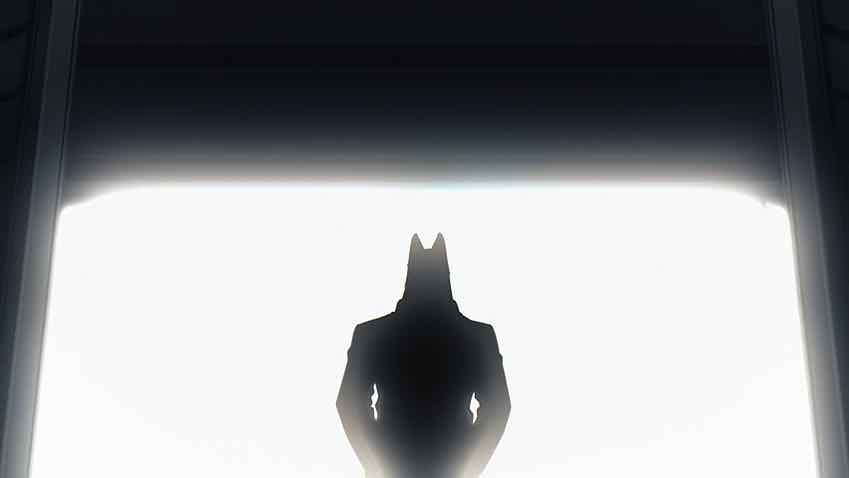
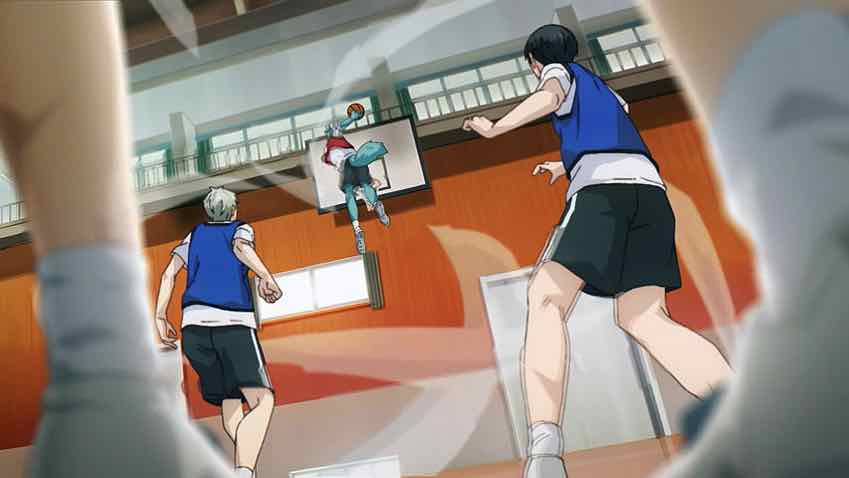
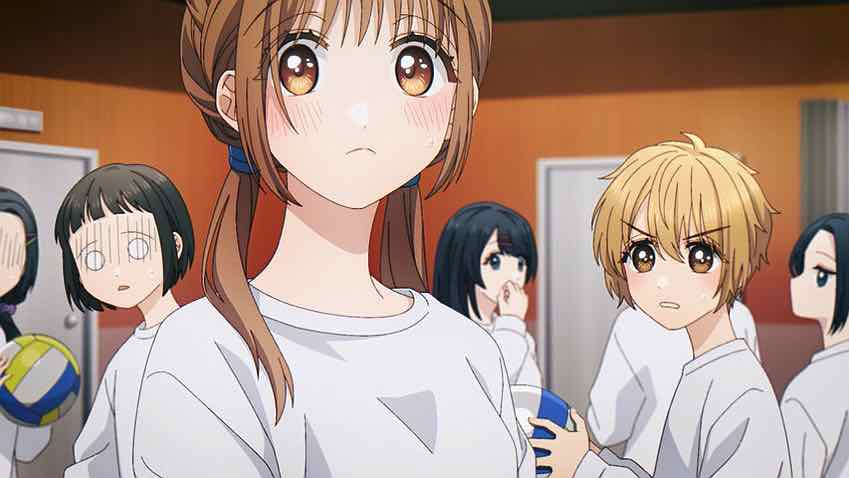
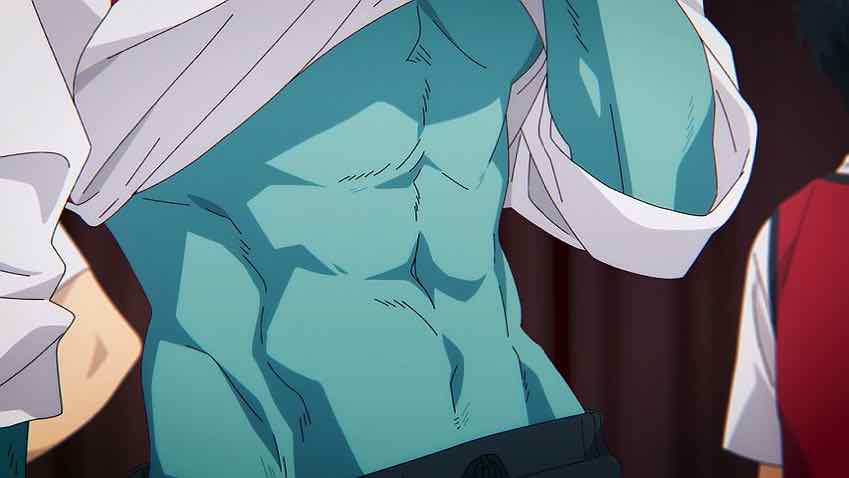

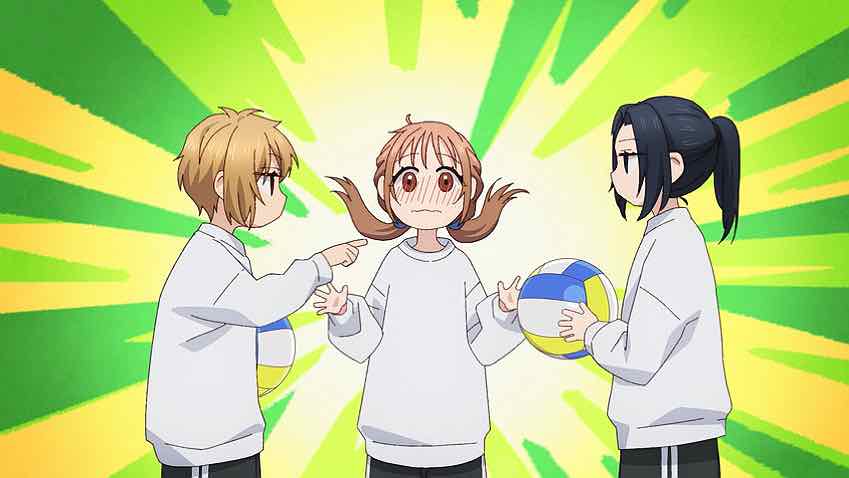

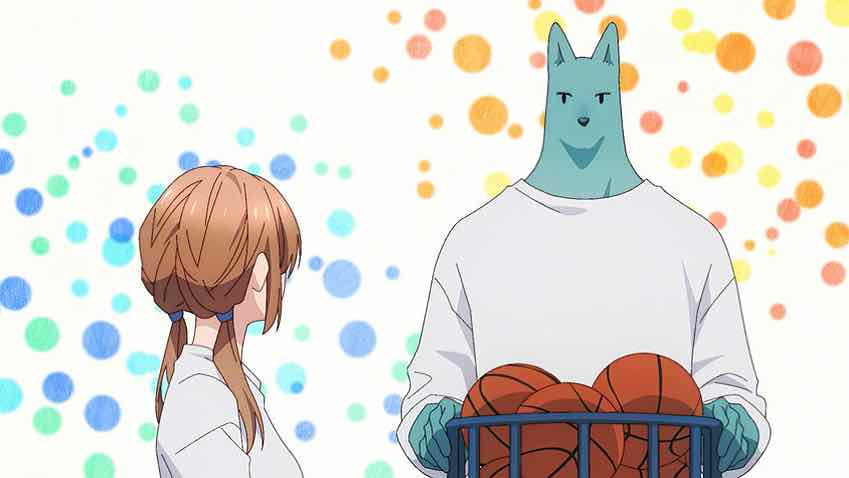
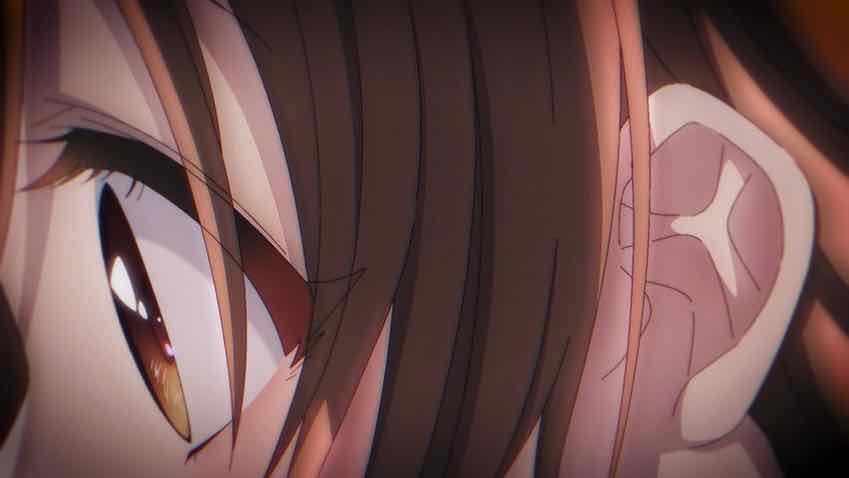


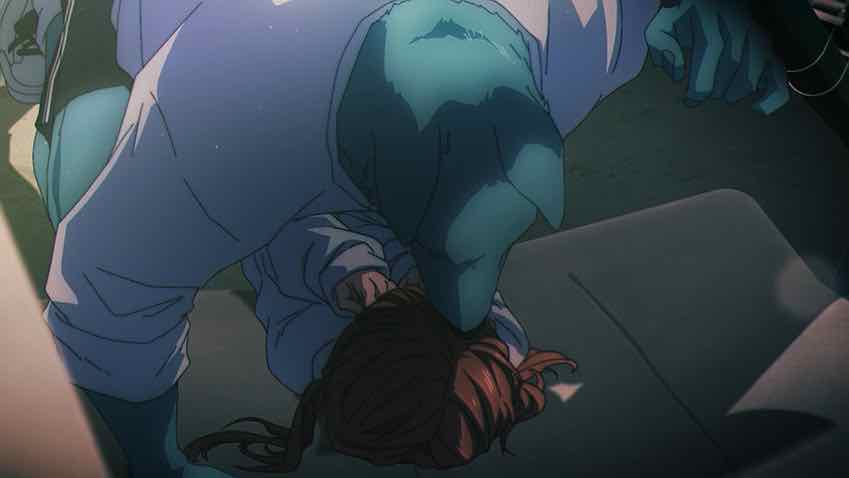
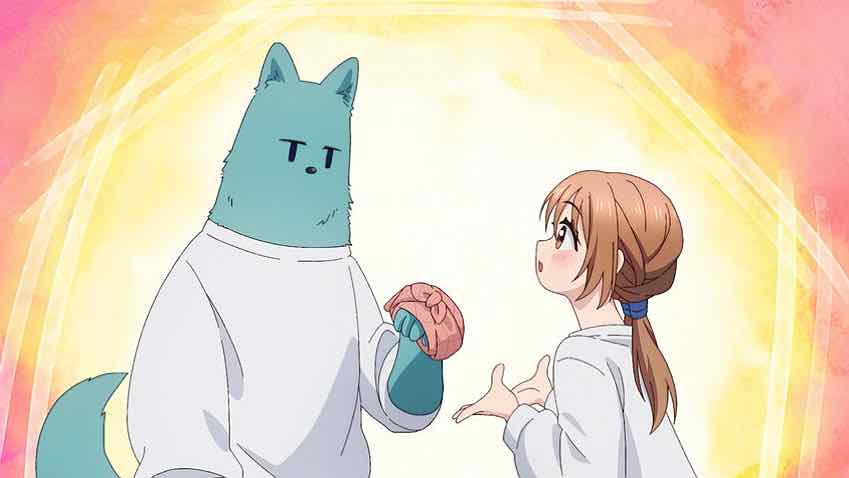
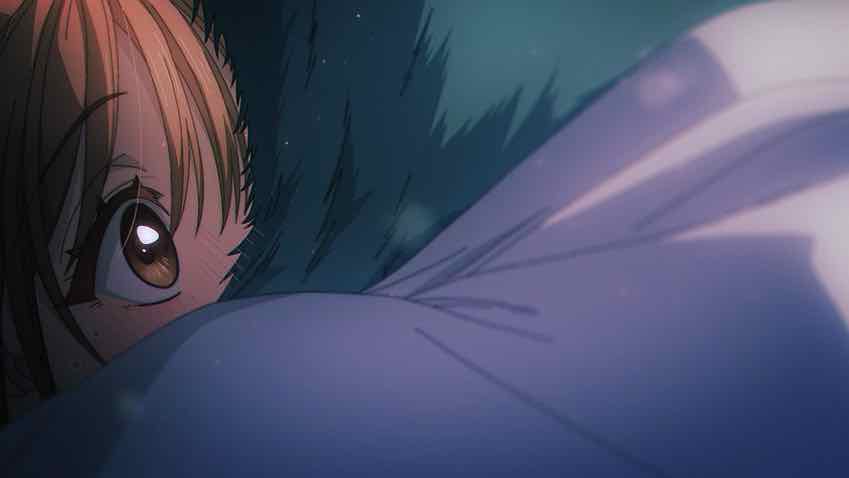
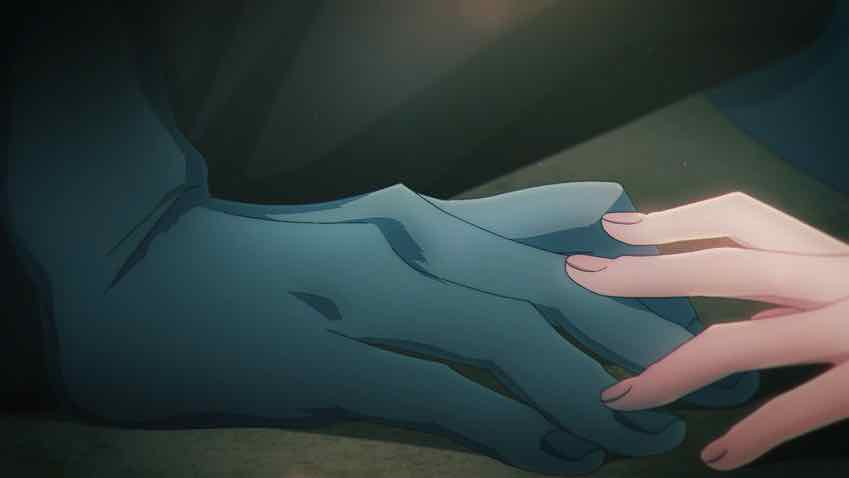
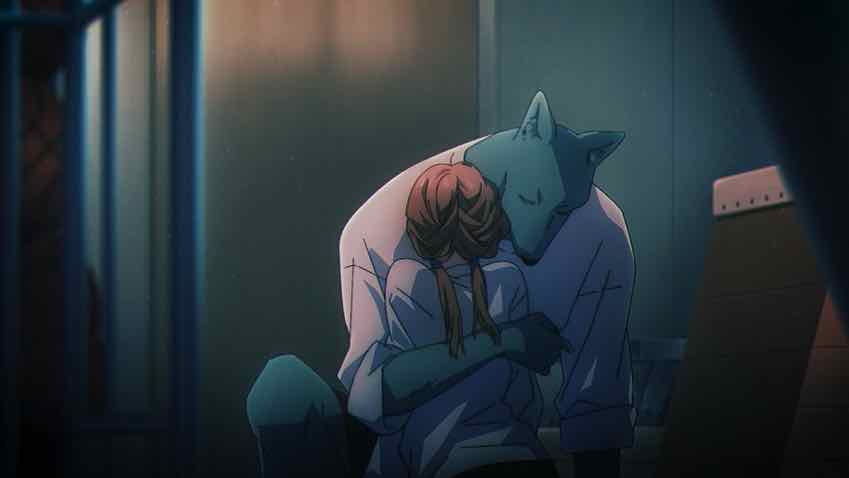
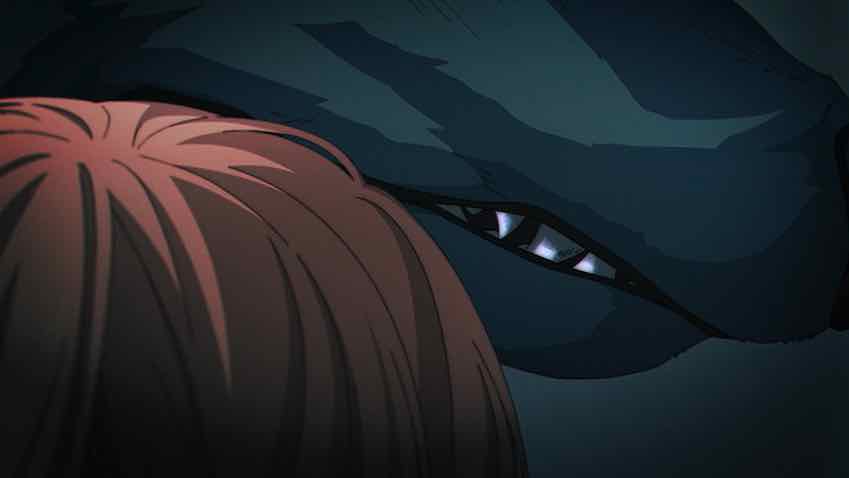
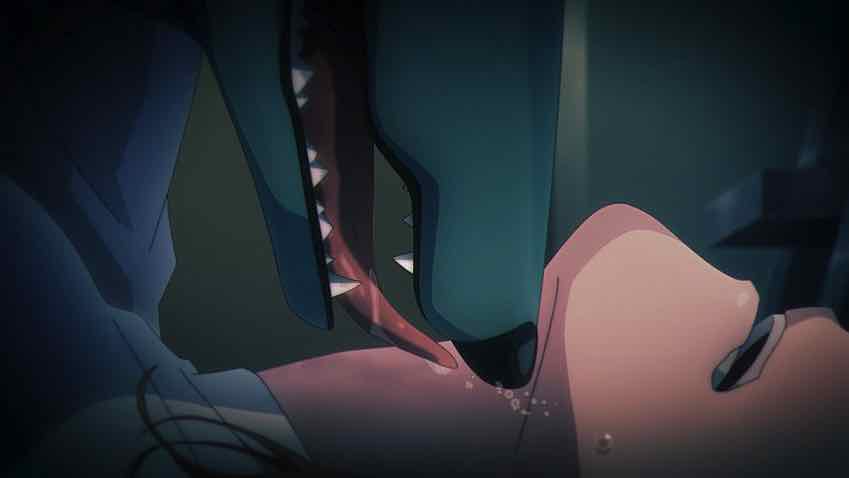


1 comment